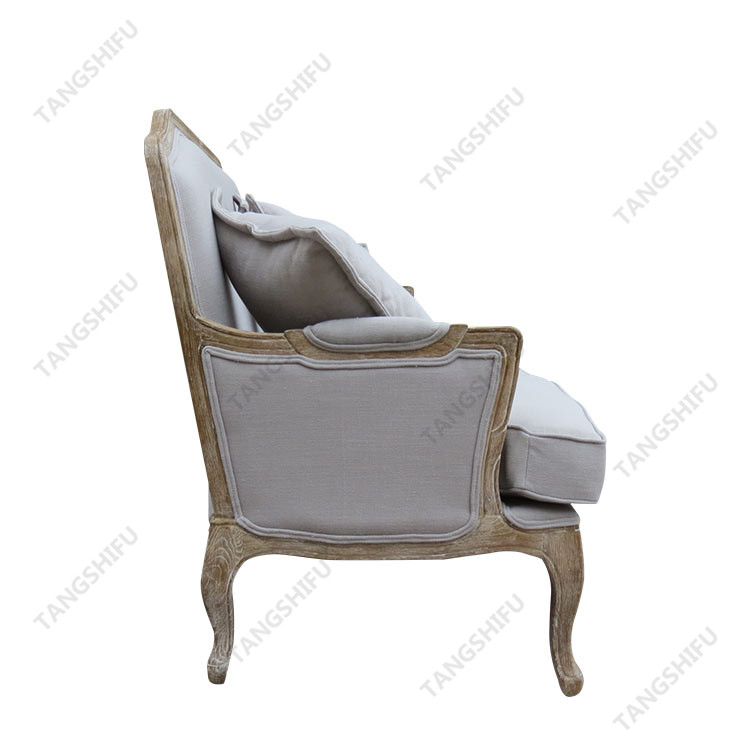Among the listed home furnishing companies, custom home furnishing companies have attracted much attention, and their revenue growth rate and profit margin are higher than the average level of the home furnishing industry. In 2018, the growth rate of custom home furnishing companies slowed down.
End of January
At the end of January, Sophia, known as the "first share of custom home furnishings," released an announcement on the revision of the 2018 annual performance forecast, saying that due to the decline in gross profit margin, it lowered 2018 net profit to 950 million to 997 million, an increase of 5%-10 compared to the same period last year. %. Sophia's 2018 third quarter report predicts that the net profit attributable to shareholders of listed companies is 1.0 billion-1.18 billion yuan, an increase of 10%-30% over the same period.
Sophia said that the reasons for the decline in gross profit margin include lowering the ex-factory price of products, extending the time of preferential activities, giving high discounts to sample products in newly opened stores, and continued growth in engineering business. It can be seen that the bonus period of the whole house customization market is coming to an end, and bedroom furniture manufacturers in china face fierce competition and other issues.

Rising costs
Yazhen Home Furnishing is experiencing the dual problems of declining revenue and rising costs. Yazhen Home Furnishing's 2018 annual performance forecast shows that the net profit attributable to shareholders of listed companies -70 million to -80 million, a loss compared with the same period last year. Yazhen Home Furnishing said that competition in the furniture industry has intensified.
Trend changes in the real estate industry and the development of hardcover houses and customized furniture have had a major impact on the supply chain of the home furnishing industry. Operating income has fallen sharply; capacity utilization is insufficient and production costs have risen. The newly added stores have not yet achieved profitability; sales expenses and management expenses have increased substantially; inventory accounts for a relatively large proportion, and the provision for inventory falling prices has increased significantly over the same period last year.Therefore, this also increases the buyer's price, and it is necessary to read the guide for buying furniture before buying.
Comment
Comment: Last year, home furnishing companies called out "Life is hard", and some home furnishing companies did experience a slowdown in growth. How to find new growth methods and means in the face of a weak market environment has become a problem that companies need to think about.
In November 2018, the National Office for Import and Export of Endangered Species (hereinafter referred to as "Endangered Species") issued an announcement stating that according to the notice of the Convention on International Trade in Endangered Species of Wild Fauna and Flora (CITES) Secretariat on November 1, 2018, the suspension Commercial trade in Nigerian hedgehog red sandalwood and Lao Dalbergia species.
According to the new national standard "Redwood" (GB/T18107-2017), the hedgehog rosewood is one of 29 redwood species in 5 genera and 8 categories. It is called "African Pear" in the domestic market. Hedgehog red sandalwood is mainly produced in tropical Africa. At present, the hedgehog red sandalwood imported from Nigeria accounts for 60% of the total imported hedgehog red sandalwood.
In addition
In addition, Sierra Leone, Ghana, Gambia and other related countries that can export the hedgehog red sandalwood do not have the ability to "replenish". The suspension of commercial trade in Nigerian hedgehog red sandalwood is bound to affect trade trends.
According to industry insiders, this policy will even have a huge impact on the domestic rosewood market. According to reports, at present, the hedgehog red sandalwood is the main material for low-end mahogany furniture, occupying about 60% of the low-end market. If the hedgehog red sandalwood imports decrease, the redwood import trade volume is bound to decrease.
The escalation of trade controls and the temporary ban on trade have had a significant impact on the domestic rosewood market. A reporter from the Beijing News learned that in the past two years, many mahogany production workshops have been suspended for a long time. Regarding this trade control announcement, a head of a Hongmu company told reporters: "If this continues, we have no idea what to do and we can only withdraw from the industry."
Comment: Trade control comes from the ground up, and companies have to find a way to change. In fact, keen companies have already smelled the crisis before this, and the countermeasures of these companies have also determined the development trend of the mahogany industry this year. The bedroom furniture manufacturers in china look for opportunities in it.
